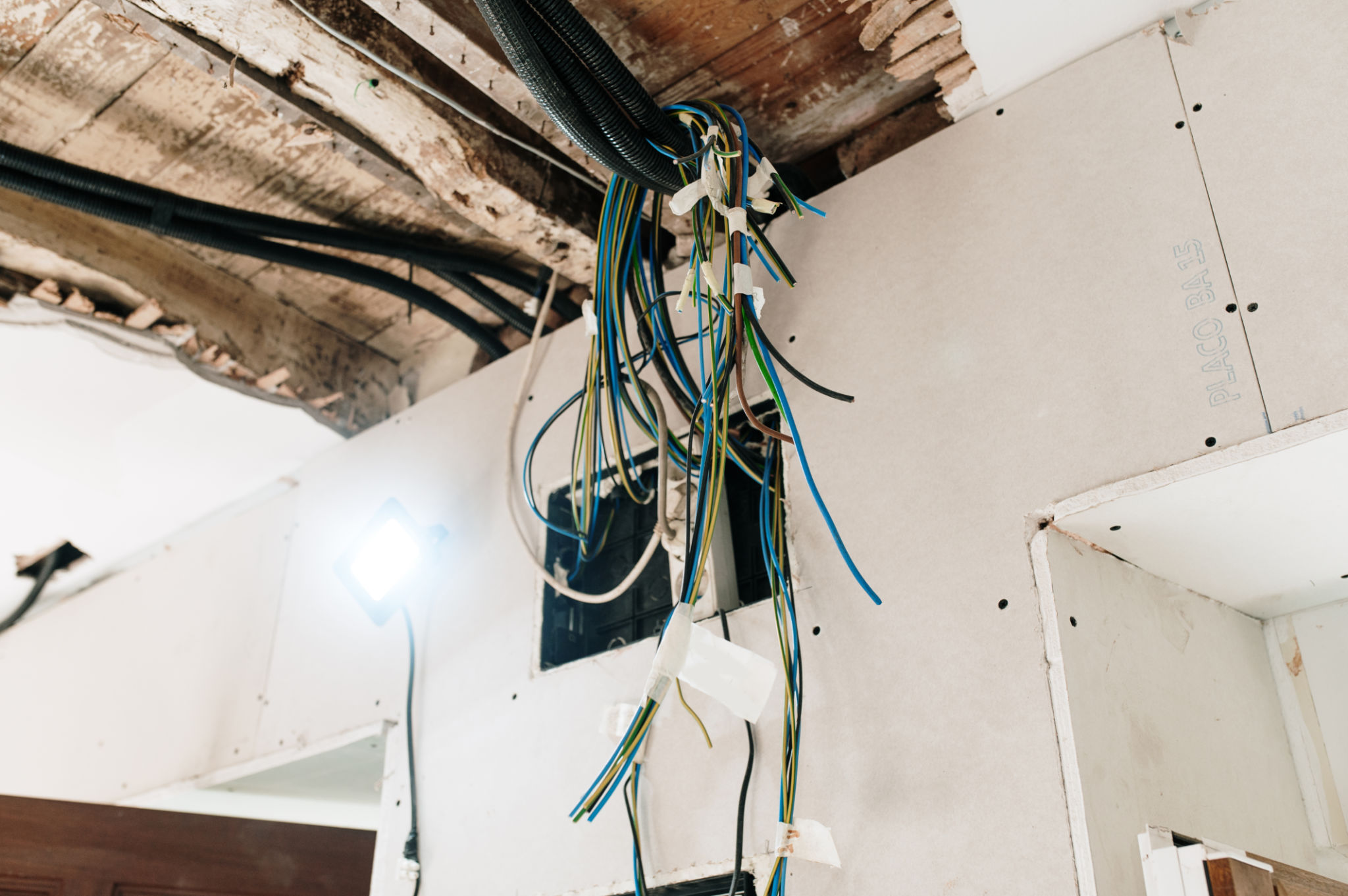Understanding Electrical Regulations in Spain: What Homeowners Need to Know
Understanding Electrical Regulations in Spain
Homeowners in Spain must navigate various electrical regulations to ensure their properties are safe and compliant with national standards. Whether you are moving into a new home or renovating an existing property, understanding these regulations is crucial. This guide will provide an overview of the key aspects homeowners need to know about electrical regulations in Spain.

Basic Electrical Standards
The Spanish electrical system is governed by the Reglamento Electrotécnico para Baja Tensión (REBT), which sets the standards for low-voltage electrical installations. These regulations cover everything from wiring and circuit breakers to the installation of electrical outlets and lighting fixtures. It is important for homeowners to ensure that all electrical work complies with these standards to avoid potential hazards.
One of the primary requirements is the use of certified materials and components that meet the standards set by REBT. This includes using cables, switches, and outlets that are designed for safety and efficiency. Additionally, the installation of Residual-Current Devices (RCDs) is mandatory in residential properties to protect against electric shock.
Obtaining an Electrical Installation Certificate
Before any new electrical installation can be used, homeowners must obtain an Electrical Installation Certificate (Certificado de Instalación Eléctrica). This certificate verifies that the installation complies with REBT standards and is safe for use. To obtain this certificate, a licensed electrician must inspect and approve the work, ensuring all aspects meet regulatory requirements.

This certificate is essential not only for safety but also for legal reasons. Without it, homeowners may face difficulties when selling their property or obtaining home insurance. It is advisable to keep this document safe and accessible at all times.
Periodic Inspections and Maintenance
In addition to the initial certification, homeowners are required to perform periodic inspections of their electrical installations. These inspections help identify potential issues before they become serious problems. The frequency of these inspections can vary based on the age and condition of the installation, as well as any specific regional requirements.
Regular maintenance is also crucial for ensuring the continued safety and efficiency of your home's electrical system. Homeowners should schedule routine check-ups with certified electricians to address any wear and tear that may occur over time.

Dealing with Non-compliance
If an electrical installation is found to be non-compliant with REBT standards, homeowners must take immediate action to rectify the situation. This may involve hiring a qualified electrician to make necessary adjustments or replacements. Failure to address non-compliance can result in fines or legal action, as well as increased safety risks.
It is important to keep up-to-date with any changes in regulations, as these can affect compliance status. Staying informed through official channels or consulting with professionals can help homeowners remain on top of their responsibilities.
Conclusion
Understanding and adhering to electrical regulations in Spain is essential for every homeowner. By ensuring compliance with REBT standards, obtaining necessary certifications, and performing regular maintenance, you can ensure a safe and efficient electrical system in your home. Always consult with certified professionals to handle any electrical work and stay informed about regulatory updates to maintain peace of mind.
